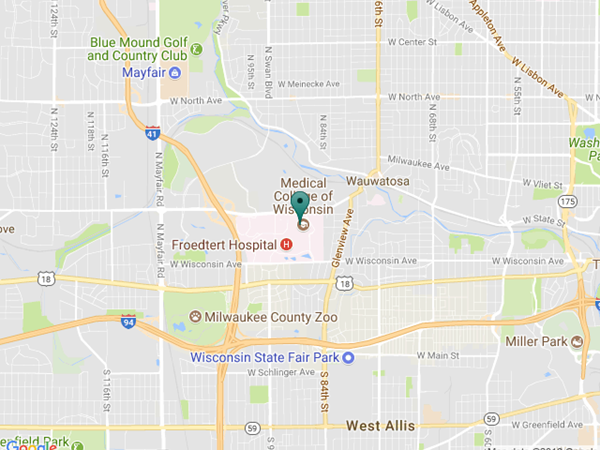For Researchers
The Mellowes Center is dedicated to providing comprehensive data analytic solutions for a wide variety of researcher areas and experience levels. We deliver single- or multi-sample VCFs, tables, PDF reports, and/or new and interactive web-based reports, all using open-source data standards and multiple stages of quality control. Our interactive report advances beyond today's standards in baseline bioinformatics analysis. As your trusted partner, we are interested in developing custom novel analyses to meet your program's research and publication needs. Bioinformatics and Collaborative Science LabsSubmit a Research Consultation Form (DOCX)

Key Test Specifications
Unsure what your project needs?
Looking for a custom solution?
Schedule a complimentary Project Consultation below.
Whole Genome Sequencing (WGS)
Whole Exome Sequencing (WES)
RNA-Sequencing (RNA-Seq), Transcriptome
MicroRNA Panel
Reduced Representation Bisulfide Sequencing (RRBS)
Chromatin Immunoprecipitation Sequencing (ChIP-Seq)
Bioinformatics Analysis Shared Resource
Contact Us
The Linda T. and John A. Mellowes Center for Genomic Sciences and Precision Medicine
Medical College of Wisconsin
8701 Watertown Plank Rd.
Milwaukee, WI 53226
Medical College of Wisconsin
8701 Watertown Plank Rd.
Milwaukee, WI 53226
(414) 955-4887
(414) 955-6516 (fax)
gspmcinfo@mcw.edu




